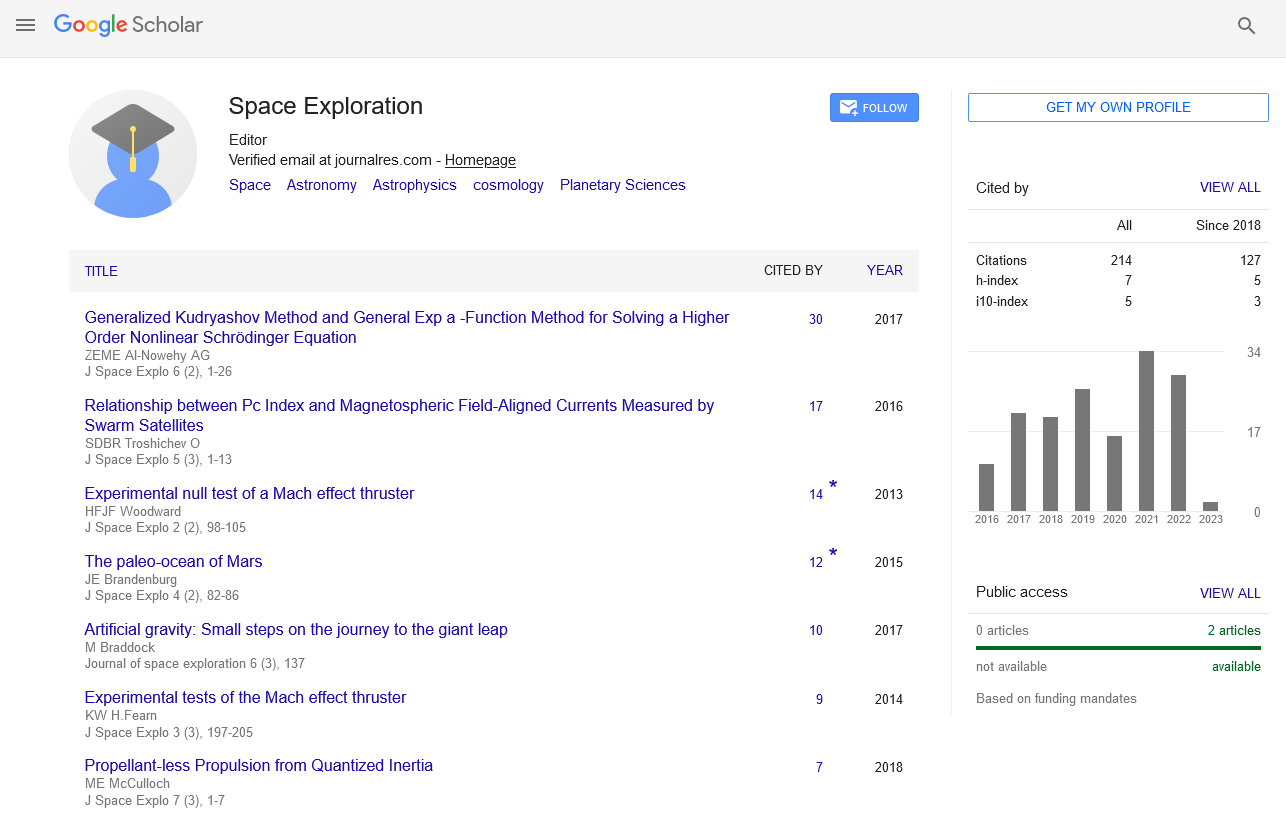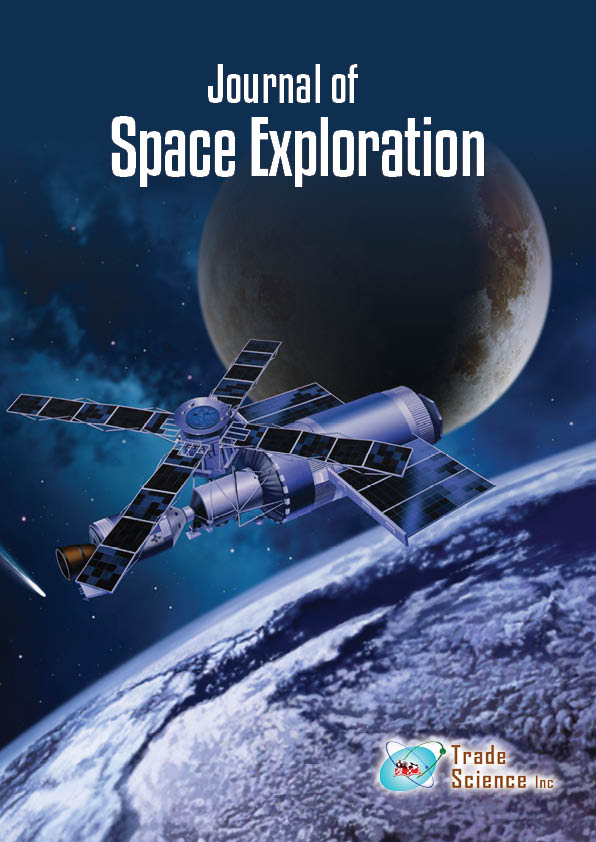Abstract
The new Mars synthesis: A new understanding of the geochemical history of Mars
Author(s): J.E. BrandenburgThe New Mars Synthesis is a new interpretation of the mass of Mars data from meteorites, Mars rovers, orbiters, and telescopes. This Synthesis proposes an Earthlike Mars in the past where a biosphere was a major force in shaping Mars geochemistry and did so until approximately ½ Billion years ago. This synthesis is based in part on data from ALH84001, younger Mars meteorites, and Viking life experiments that indicate life began on Mars 4.5 Billion years ago and has continued until the present day. Mars had a liquid ocean for most of its geologic history, that would have served as a refuge for life and stabilizer of Mars climate. The average age of most identified Mars meteorites is only ½ Billion years and indicates that the Mars cratering rate is at 4xLunar making the estimated ages of the Mars ocean and water channels roughly the Mars average surface age and indicating that liquid water existed on Mars for most of its geologic history. The high oxidation state of the Mars surface and exposed sedimentary layers, is consistent with massive photosynthesis in the past. The Lyot impact in the Early Amazonian appears to coincide with a lessening of liquid water channeling activity on Mars, suggesting it had a role in climate change on Mars. Therefore, a broad range of evidence indicates a living, Earthlike Mars until approximately ½ Billion years ago with a liquid ocean, and a photosynthetic biosphere. This indicates life not only began on Mars but had time to evolve into intelligent forms on Mars.

